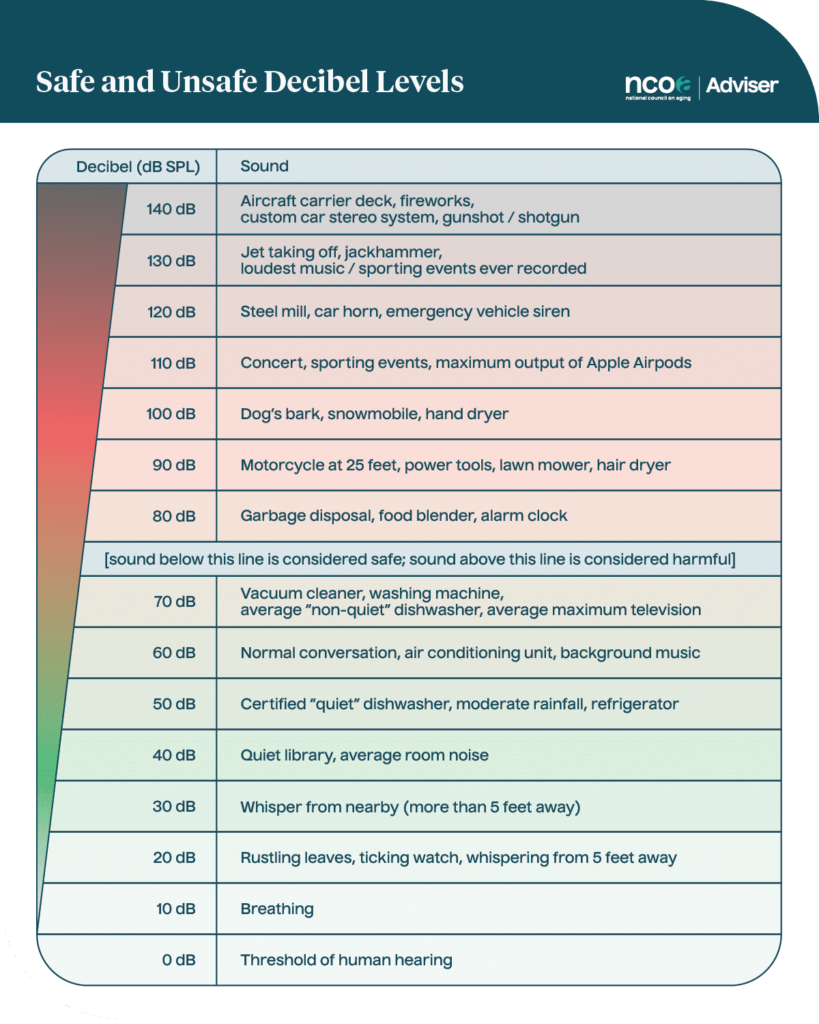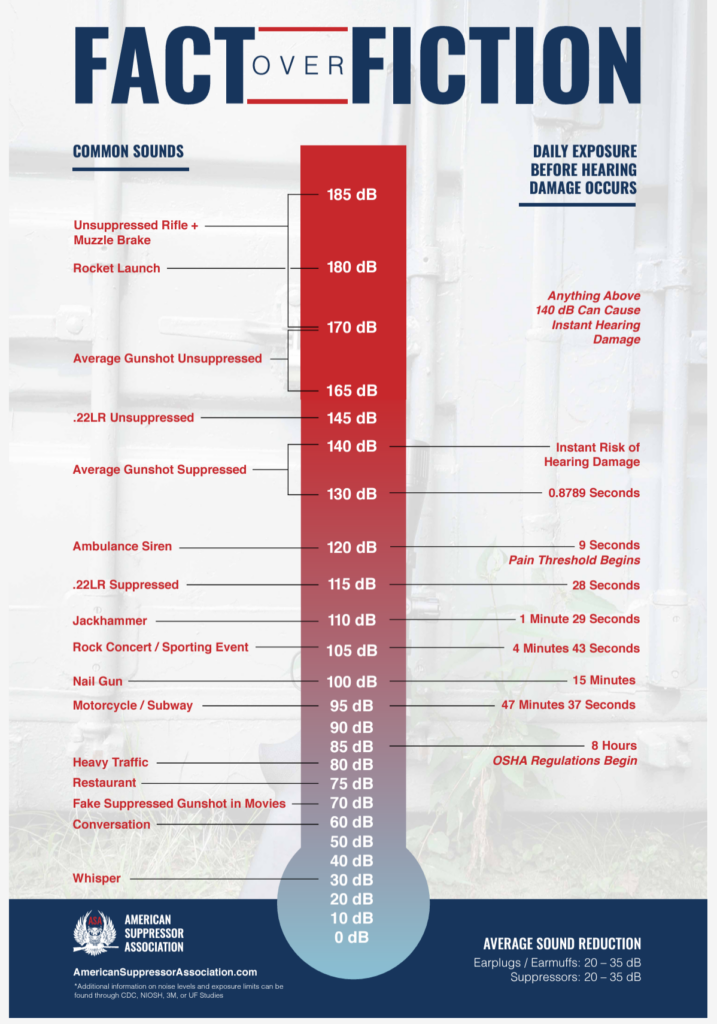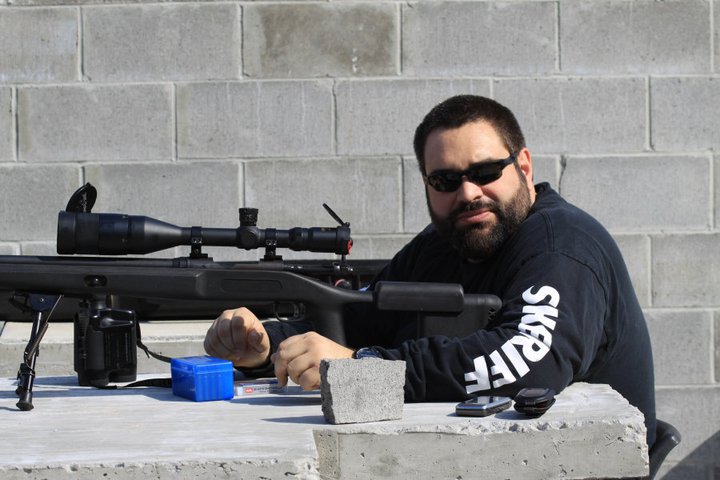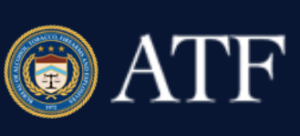Why do my Officer’s need suppressors?
I get this question a lot when showing off our “Duty Ready” rifles. CLEO’s hit me with “I don’t know why my Officer’s need a suppressor”. The answer is simple. It’s called noise-induced hearing loss or NIHL.
Imagine we are responding to an active shooter in a school. Both Officers are equipped with rifles and engage a shooter in a hallway. The sound of multiple 5.56 rifles in such a confined space could exceed 185db. The fight continues, we rule the day and now we have permanent hearing loss and our career is over.
Now granted this hypothetical is extreme but think about it. How many times as Officer’s are we exposed to loud sounds, sirens, horns, radio communications, flashbangs, and even barking dogs? Fact is it’s not all about just how loud something is, but how long and how intense it is even if it’s at a comfortable level that can have adverse and permanent effects on hearing.
Here is what we know:
- Prolonged hearing loss can be permanent. In our line of work we are not always going to have time to put in or use hearing protection.
- During training even with suppressed weapons hearing protection is a good idea.
- Protect your hearing when possible.
- Get suppressors for your rifles. The benefits outweigh the cost.
- Identify, prevent and treat if possible


REFERENCES:
https://americansuppressorassociation.com/education/hearing-protection/
https://www.police1.com/health-wellness/articles/huh-6-signs-you-may-need-help-for-hearing-loss-2DlBdmHPCXSEu3C9/
https://resources.duralabel.com/blog/police-officers-and-hearing-loss-a-growing-concern
https://www.police1.com/police-products/firearms/training/articles/firearms-training-and-prevention-of-hearing-loss-OXRhAatR0c95Nxsu/

About the author
Bryan McRee has been in law enforcement since 1999 and a firearms instructor since 2002. While his primary focus was law enforcement training Bryan has been a Detective specialized in child sexual assaults and domestic violence. He has also served as a school resource officer and campus police officer where he developed policies and procedures regarding active shooter response and preparation.


